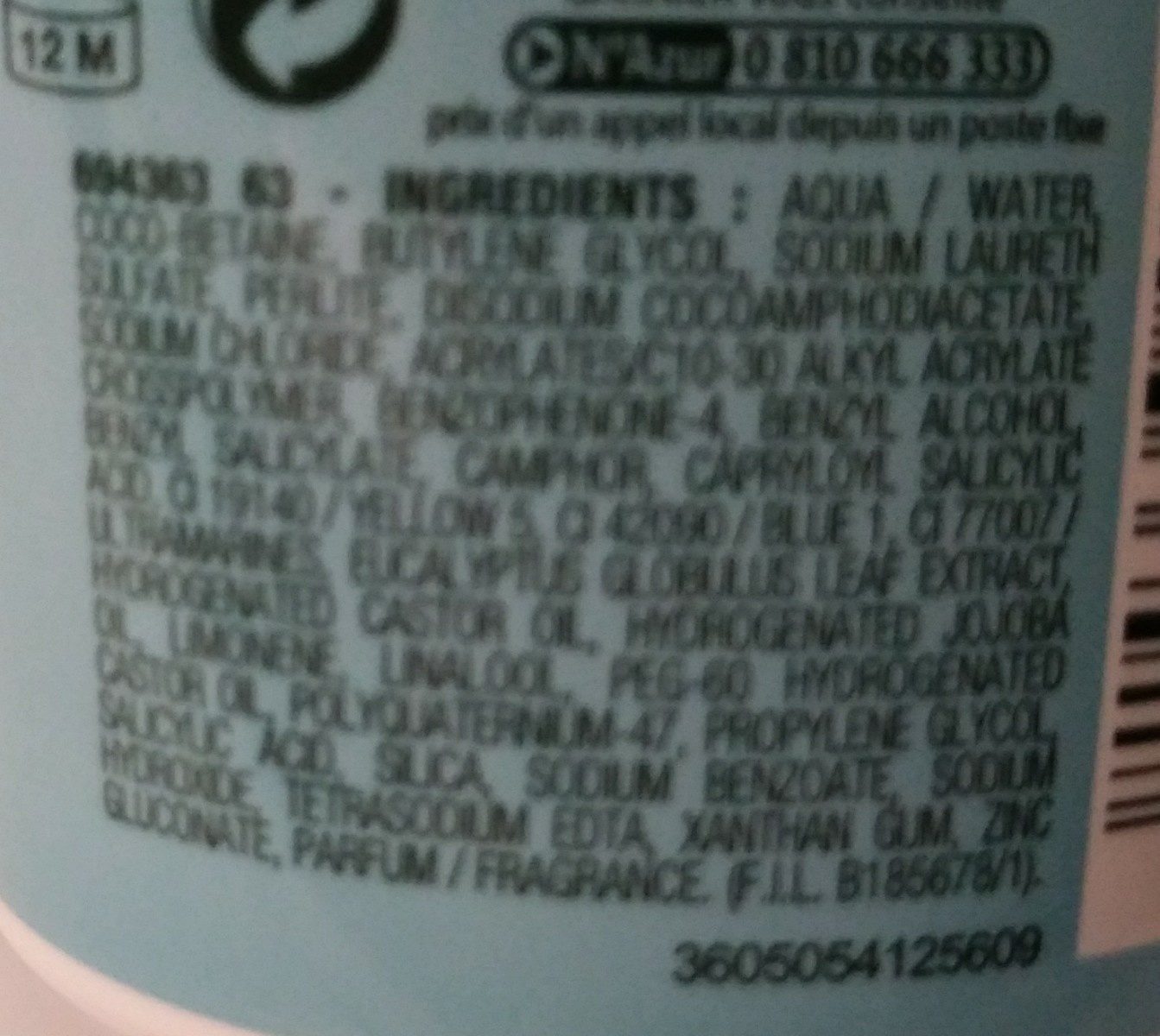As pet owners, we all want our furry friends to live long and healthy lives. One of the most important factors in achieving this goal is providing our pets with a balanced and nutritious diet. While many pet foods on the market today claim to offer complete nutrition, there is one essential nutrient that often gets overlooked: protein. In this article, we will explore the importance of protein in your pet’s diet and how it can help boost their overall health and wellbeing. So, grab a bowl of kibble and settle in as we dive into the world of protein power for pets.
1. Fueling Fido: The Importance of Protein in Your Pet’s Diet
Protein is an essential nutrient for dogs as it plays a crucial role in building and repairing tissues, maintaining healthy skin and coat, and supporting a strong immune system. It is important to ensure that your furry friend is getting enough protein in their diet to keep them healthy and active.
When choosing a protein source for your pet, it is important to consider their individual needs and preferences. Some dogs may require a higher protein diet, such as working dogs or those with high energy levels, while others may have sensitivities to certain types of protein. Common sources of protein in dog food include chicken, beef, fish, and lamb. It is also important to look for high-quality protein sources, such as whole meats or meat meals, as these provide a more complete amino acid profile for your pet.
To ensure that your pet is getting enough protein, it is recommended to feed them a balanced diet that meets their specific nutritional needs. This may include a combination of dry kibble, wet food, and treats that are rich in protein. Additionally, you can supplement your pet’s diet with protein-rich foods such as eggs, cottage cheese, and lean meats. By prioritizing protein in your pet’s diet, you can help them maintain optimal health and wellbeing.
2. From Muscle to Metabolism: How Protein Powers Your Pet’s Health
Protein is an essential nutrient for your pet’s overall health and wellbeing. It is a building block for muscles, bones, skin, and hair. But protein does much more than just build muscles. It also plays a crucial role in metabolism, helping to regulate hormones, enzymes, and other important bodily functions.
When your pet consumes protein, their body breaks it down into amino acids. These amino acids are then used to build and repair tissues throughout the body. But amino acids also play a key role in metabolism. They are used to create enzymes, which are essential for breaking down food and converting it into energy. Without enough protein in their diet, your pet may struggle to maintain a healthy weight or have the energy they need to stay active and engaged.
In addition to providing energy and supporting metabolism, protein also helps to boost your pet’s immune system. It contains important nutrients like zinc, iron, and vitamin B12, which are essential for maintaining a healthy immune system. By including high-quality sources of protein in your pet’s diet, you can help to ensure that they stay healthy and happy for years to come. Some great sources of protein for pets include:
– Chicken
– Beef
– Fish
– Eggs
– Dairy products
– Legumes
– Quinoa
By providing your pet with a balanced diet that includes plenty of protein, you can help to support their overall health and wellbeing. Whether you have a growing puppy or a senior cat, protein is an essential nutrient that should be a key part of their diet. So be sure to talk to your veterinarian about the best ways to incorporate protein into your pet’s diet and help them live their best life.
3. The Ultimate Guide to Protein for Pets: Tips and Tricks for Optimal Nutrition
Understanding Protein for Your Pets
Protein is an essential nutrient for pets, providing the building blocks for muscle, skin, and hair. It is important to ensure that your pet is getting enough protein in their diet to maintain optimal health. However, not all proteins are created equal. Some sources of protein are more easily digestible than others, and some contain a more complete amino acid profile. When choosing a protein source for your pet, consider the following:
- Animal-based proteins are generally more easily digestible than plant-based proteins.
- Meat, fish, and poultry are excellent sources of high-quality protein.
- Eggs and dairy products are also good sources of protein.
- Plant-based proteins, such as soy and legumes, can be a good option for pets with food allergies or sensitivities.
Tips for Optimal Protein Nutrition
To ensure that your pet is getting the right amount and quality of protein in their diet, consider the following tips:
- Consult with your veterinarian to determine the appropriate amount of protein for your pet based on their age, weight, and activity level.
- Choose a high-quality pet food that lists a specific source of protein as the first ingredient.
- Avoid pet foods that contain by-products or fillers, as these may be lower-quality sources of protein.
- Consider supplementing your pet’s diet with high-quality protein sources, such as cooked chicken or beef, to ensure they are getting enough protein.
By following these tips and ensuring that your pet is getting the right amount and quality of protein in their diet, you can help to promote optimal health and nutrition for your furry friend. In conclusion, protein is an essential nutrient for your pet’s health and well-being. By providing your furry friend with a balanced and protein-rich diet, you can help them maintain a healthy weight, build strong muscles, and support their immune system. Remember to consult with your veterinarian to determine the appropriate amount of protein for your pet’s specific needs. With the right nutrition and care, your pet can thrive and live a long, happy life. So go ahead, give them the protein power they need to be their best selves!

